What’s a Good Probiotic for Dogs? Expert Guide for Pet Owners
Is your dog struggling with diarrhea, soft stools, or poor digestion? Choosing the right probiotic is crucial. In some cases, it may work better than medication. Many pet owners search what's a good probiotic for dogs, but with so many products available, it can be overwhelming to know which one works best. This article will explore probiotic strains and their benefits for different dog breeds. It will also help you find the best probiotic for your furry friend.

How do probiotics work for dogs?
Inside your dog's gut lives a complex ecosystem of microbes. When this balance disrupts, you may experience symptoms such as diarrhea, gas, or a poor appetite. To answer what probiotic is best for dogs, you need strains that can survive and colonize in a dog's digestive tract. Animal-based probiotics tend to work better than human-based ones because they adapt with greater ease to the canine gut.
Lactobacillus: boosts immunity, fights harmful bacteria.
Bifidobacterium: relieves diarrhea and constipation.
Enterococcus supports nutrient absorption.
Bacillus exhibits great stability and resistance to stomach acid.
Products with many strains are generally more effective than single-strain supplements.
Choosing Probiotics for Small Dogs
Many owners ask: What is the best probiotic for small dogs? Small breeds have faster metabolisms and more sensitive digestion. This means they need probiotics tailored to their size. Look for:
Small, easy-to-swallow granules or chews.
Gentle strains for sensitive stomachs.
Clear dosage instructions for small breeds.
No fillers that may trigger allergies.

Best Probiotics for Dogs with Allergies
If your dog has allergies, you may wonder what's a good probiotic for a dog that won’t trigger reactions. Dogs with sensitive systems need hypoallergenic formulas:
Single protein sources to avoid allergy triggers.
Grain-free formulas
No artificial colors or preservatives.
Labeled as having low allergen content.
Strains like Lactobacillus rhamnosus GG and Bifidobacterium lactis BB-12 may enhance gut health, particularly for allergy issues.
Probiotics for Dogs with Diarrhea
When diarrhea strikes, finding what the best probiotic for a dog is becomes urgent. The right strains can shorten the duration and help restore gut health.
Saccharomyces boulardii: effective for bacterial diarrhea.
Bacillus subtilis protects the gut lining.
Lactobacillus acidophilus restores normal gut flora.
Look for at least 5 billion CFUs per serving to ensure effectiveness.
Natural Food Sources of Probiotics for Dogs
Some pet owners prefer natural sources over supplements. So, what probiotic is best for dogs from household foods? Options include:
Kefir and plain yogurt (no added sugar)
Sauerkraut in small amounts (without garlic or onion).
We recommend obtaining vet approval for diluted apple cider vinegar.
These natural probiotics are helpful, but they are less stable than professional supplements. They work best for daily maintenance, not for treating severe issues.
Forms of Dog Probiotics
Still wondering what’s a good probiotic for dogs? The supplement form matters too:
| Form | Pros | Cons |
|---|---|---|
| Powder | Mixes with food, high CFU count | Must measure carefully |
| Capsule | Accurate dose, protects bacteria | Some dogs resist pills |
| Chewable | Tasty, easy to give | May contain extra additives |
| Liquid | Fast absorption, easy for puppies | Less stable, short shelf life |
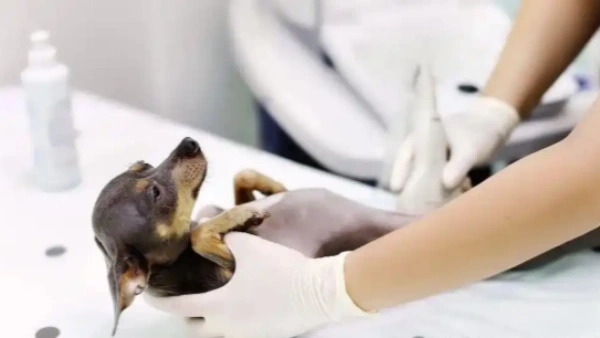
How to Choose a High-Quality Probiotic
To determine what is best probiotic for dogs, check for:
The list includes specific strains, not a “probiotic blend."
Survivability through stomach acid.
Adequate CFU count: at least 5 billion per dose.
Third-party testing for purity.
Clear end date
Avoid vague products claiming to “fix everything.” Trust brands that provide transparent research and veterinary recommendations.
Everything Our Vets Recommend
Frequently Asked Questions
Q1: How long does it take for probiotics to work in dogs?
A1: For mild diarrhea, improvements may appear within 24–48 hours. For chronic issues, it may take 2–4 weeks of consistent use.
Q2: Are probiotics safe for dogs?
A2: Yes, high-quality probiotics are generally safe. Some dogs may experience mild gas or stool changes at first, but this usually resolves within a few days.
Q3: Can puppies take probiotics?
A3: Yes, but choose formulas designed for puppies with gentler strains and appropriate doses. Always follow vet advice for dogs under 8 weeks.
Final Thoughts on Warning Signs After Spaying a Dog
Spaying is a routine and generally safe surgery, but knowing the warning signs after spaying a dog can make all the difference in your pet’s recovery. If you notice anything unusual—such as swelling, pus, lethargy, or changes in appetite—it is always better to call your vet rather than wait. By being proactive and observant, you give your furry friend the best chance at a smooth and comfortable healing process.
Remember: when it comes to your dog’s health, trust your instincts. If you feel something isn’t right, don’t hesitate to seek professional help. Your quick response could prevent a minor issue from becoming a serious complication.
Want more expert tips on dog health and recovery? Visit our dog health guide for practical advice and trusted information.
You May Like:
- Best Probiotics for Dog Skin Allergies: Vet Picks and Tips
- 2025 Dog Probiotics for Yeast Guide: Treat & Prevent Infections Easily
- Dog Probiotics for Itching: Relieve Your Pup’s Scratching Safely
- Can Dogs Take Human Probiotics? Shocking Truth Owners Miss
User Comments
Does flea treatment kill ear mites too?
Can dogs take human probiotics?
Can dogs have people probiotics safely?
Related Articles
View all
How Long Should a Dog Be on Probiotics: Complete 2025 Guide

Best Probiotics for Dogs with Gas (2025 Review & Guide)

What Do Probiotics Do for Dogs: A Vet Approved 2025 Guide
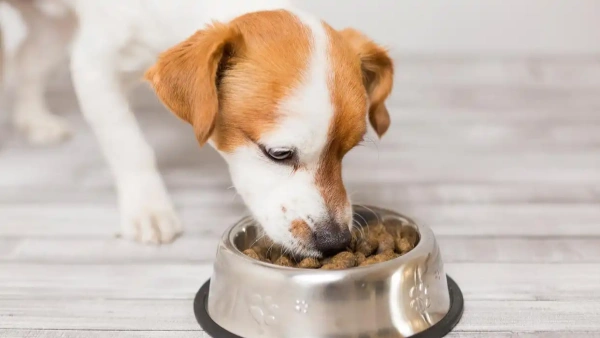
Can Dogs Take Human Probiotics? Shocking Truth Owners Miss

How Long Should a Dog Be on Probiotics: Complete 2025 Guide

Best Probiotics for Dogs with Gas (2025 Review & Guide)

What Do Probiotics Do for Dogs: A Vet Approved 2025 Guide

Can Dogs Take Human Probiotics? Shocking Truth Owners Miss
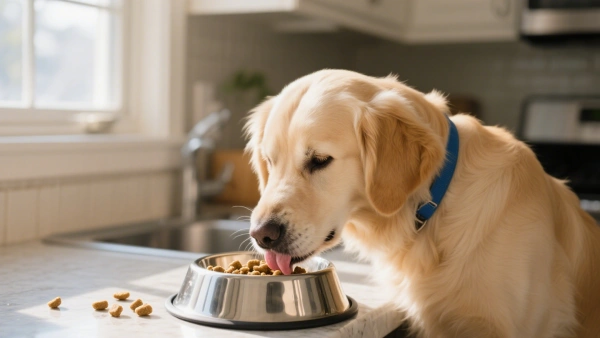
2025 Dog Probiotics for Yeast Guide: Treat & Prevent Infections Easily

Dog Probiotics for Itching: Relieve Your Pup’s Scratching Safely

Best Probiotics for Dog Skin Allergies: Vet Picks and Tips

What’s a Good Probiotic for Dogs? Expert Guide for Pet Owners


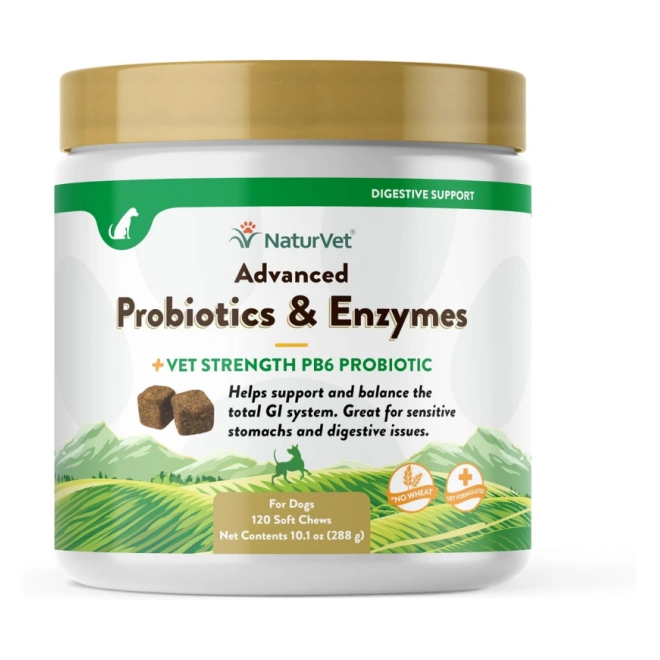
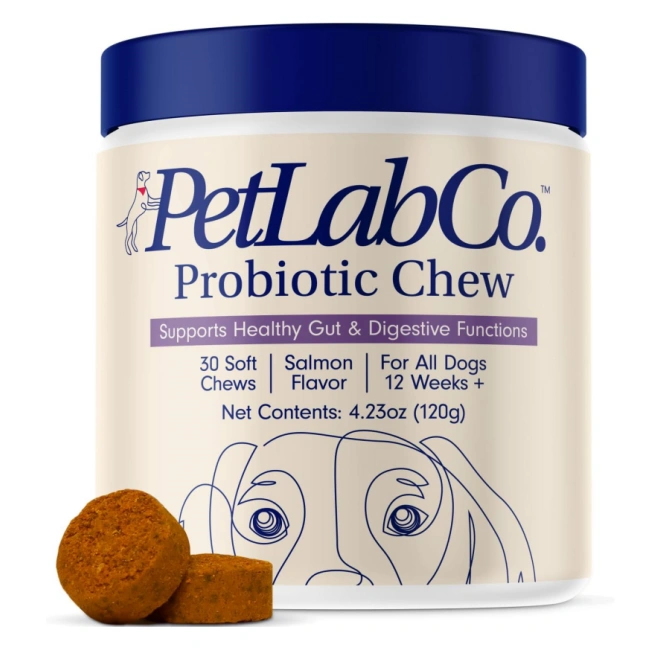
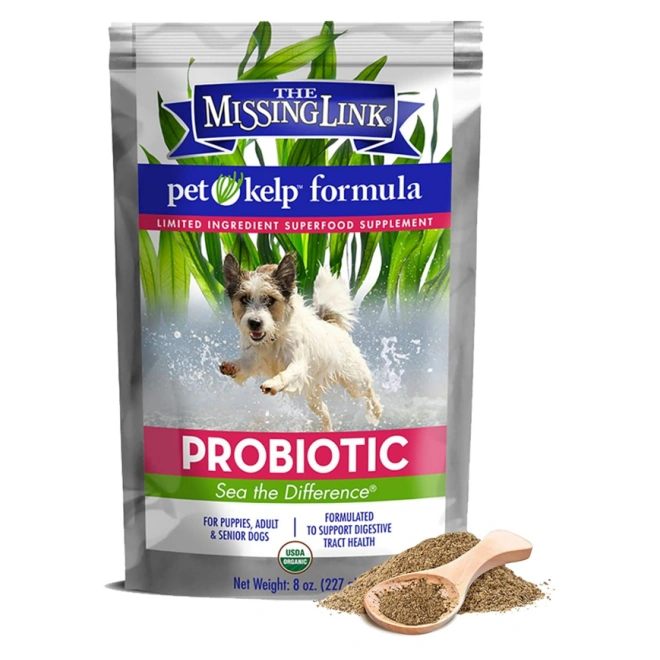
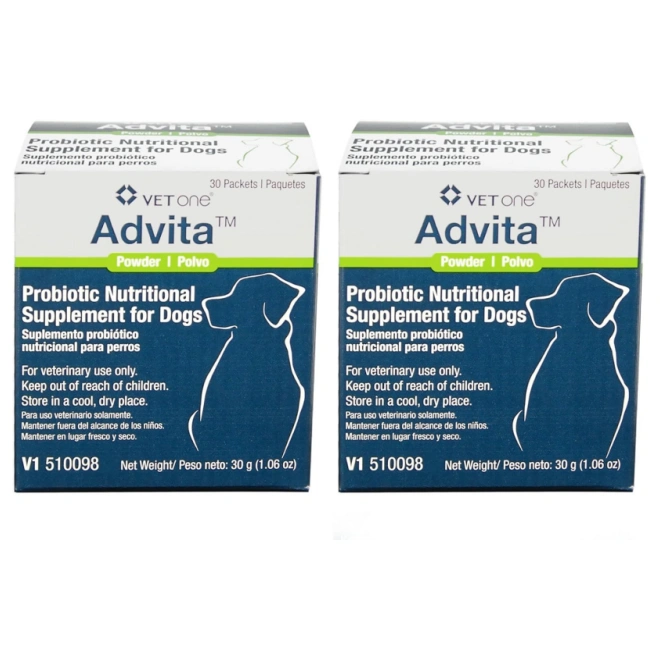








Leave a Reply